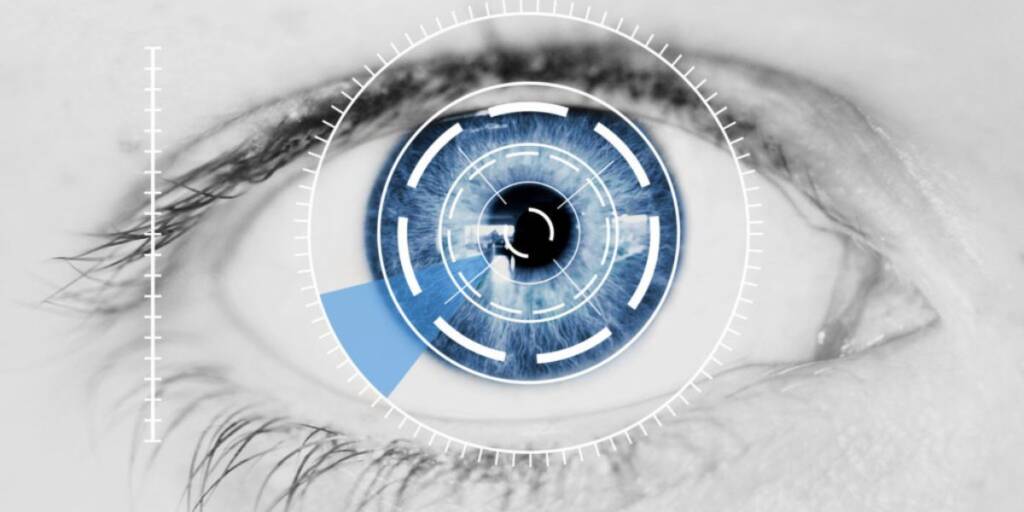What are the risks of laser eye surgery?
Laser eye surgery, while generally safe and effective for correcting vision problems, carries certain risks and potential complications that patients should be aware of before undergoing the procedure. As with any surgical intervention, it’s essential for individuals considering laser eye surgery to understand the potential risks, weigh them against the benefits, and make informed decisions in consultation with their Pediatric Ophthalmologist In Dubai. This article explores the various risks associated with laser eye surgery, including common complications and considerations for patient safety.
Dry Eye Syndrome
Dry eye syndrome is one of the most common side effects of laser eye surgery, affecting a significant percentage of patients following the procedure. Laser eye surgery can disrupt the natural tear film on the surface of the eye, leading to symptoms such as dryness, irritation, burning, and fluctuating vision. While these symptoms are typically temporary and improve over time with appropriate management, some patients may experience persistent or chronic dry eye requiring ongoing treatment.
Management Strategies
To minimize the risk of dry eye syndrome following laser eye surgery, ophthalmologists may recommend pre-operative measures such as artificial tear supplements and post-operative treatments such as prescription eye drops, punctal plugs, and lifestyle modifications to promote tear production and alleviate symptoms.
Glare and Halos
Glare and halos around lights are common visual disturbances experienced by some patients following laser eye surgery, particularly during the initial stages of the recovery process. These optical aberrations can cause discomfort, reduced contrast sensitivity, and difficulty with night vision, especially in low-light conditions. While glare and halos usually diminish over time as the eyes heal and adapt to their new refractive state, they may persist in some individuals, impacting visual quality and satisfaction.
Visual Adaptation
Patients experiencing glare and halos after laser eye surgery may benefit from strategies to aid visual adaptation, such as wearing sunglasses outdoors, avoiding bright lights at night, and using prescribed eye drops to reduce inflammation and improve ocular surface health. In some cases, additional treatments or enhancements may be necessary to address persistent visual disturbances.
Overcorrection and Undercorrection
Overcorrection and undercorrection of refractive errors are potential risks associated with laser eye surgery, where the desired correction is not achieved or the refractive error is exacerbated following the procedure. Overcorrection occurs when too much corneal tissue is removed during surgery, resulting in hyperopia (farsightedness) or astigmatism, while undercorrection occurs when insufficient tissue is removed, leading to residual myopia (nearsightedness) or astigmatism.
Enhancement Procedures
In cases of overcorrection or undercorrection, patients may require enhancement procedures, also known as retreatment or touch-up surgeries, to fine-tune the refractive outcome and improve visual acuity. Enhancement procedures involve additional laser ablation or other corrective techniques to adjust the corneal shape and achieve the desired refractive correction.
Flap Complications
Laser eye surgeries that involve the creation of a corneal flap, such as LASIK and SMILE, carry a risk of flap-related complications during or after the procedure. Flap complications may include flap dislocation, incomplete flap creation, flap striae (wrinkles), epithelial ingrowth, and flap-related infections. While flap-related complications are relatively rare, they can potentially affect visual outcomes and require prompt intervention to minimize long-term consequences.
Flap Management
To reduce the risk of flap-related complications, surgeons meticulously create and position the corneal flap using precise surgical techniques and advanced femtosecond laser technology. Patients are instructed to avoid rubbing or touching their eyes, wear protective eye shields, and adhere to post-operative care instructions to promote proper flap healing and stability.
Imperial Healthcare Eye Hospital in Dubai: Your Partner in Safe Vision Correction
For individuals considering laser eye surgery in Dubai, Imperial Healthcare Eye Hospital offers comprehensive care and advanced treatment options to ensure optimal visual outcomes and patient safety.
Leading Ophthalmologists
At Imperial Healthcare Eye Hospital, our team of leading ophthalmologists specializes in laser eye surgery and other vision correction procedures. With years of experience and expertise in the field, our surgeons prioritize patient safety and satisfaction, delivering personalized care tailored to each individual’s needs.
State-of-the-Art Facilities
Our state-of-the-art facilities are equipped with the latest technology and instrumentation for performing laser eye surgery with precision and accuracy. From advanced diagnostic imaging to customized treatment planning, we ensure that our patients receive the highest standard of care at every step of their journey.
Contact Us Today
If you’re considering laser eye surgery in Dubai, contact Imperial Healthcare Eye Hospital In Dubai today to schedule a consultation. With our renowned ophthalmologists and state-of-the-art facilities, you can trust us to prioritize your safety and deliver exceptional results for your vision correction needs.

